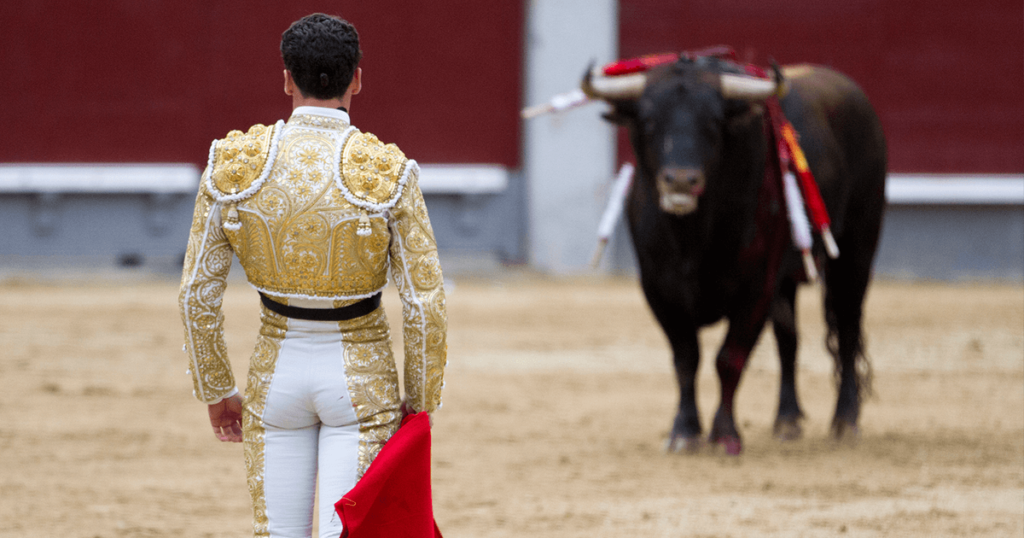
At the Fiesta de Charás near the town of Arenas de Cabrales, in the Picos de Europa mountains, I recently ran into an acquaintance I hadn’t seen in a couple of years. People were milling about in a field where kids had just finished a race, talking to friends, sampling food. “Hello, hello!” we said, exchanging kisses. I looked around for his wife, to greet her too. Where was she, I asked. “At the house. Bad back,” he answered.
Not only was she in pain, but there was a long wait for the operation she needed, and she was in the doldrums about that. “That’s our ‘marvelous’ health care,” he said.
“Back operations are chancy,” I said, thinking that after some months on the waiting list, she might find the problem had gone away of itself, though of course I didn’t say so; to suggest waiting it out as a solution to pain works only if the pain is your own. Even without going that far, I triggered a response.
“Más cornás da el hambre,” said my acquaintance as he poured me cider.
The words have passed into the common language as a refrain, though it’s still remembered that they were spoken by a bullfighter 150 years ago. The torero Manuel García Cuesta was celebrated for his excessive bravery and close work to the bull, which resulted in many gorings. When asked wasn’t he afraid of being gored, he answered that hunger’s gorings were worse.
In other words, my acquaintance was saying, pain has horns too, just like an operation. He and his wife were looking into a loan to pay for the procedure in a private hospital.
Stuck between a rock and a hard place, I might say in English. I expressed sympathy, then changed the topic to his daughter, who had married since I’d last talked to him. “Was the wedding a year ago?” I asked. “Or two already?”
His eyes lit up. “More,” he laughed, taking out his phone. I thought it would be a wedding picture he was looking for, but instead he showed me his first grandchild, a girl.
For a moment he forgot his wife’s pain as he gazed at the photo. I think in fact he forgot her entirely because at that moment his new granddaughter was all there was in the world. Gazing at the photo, he shook his head in wonder. Then he found a video. “See,” he said, holding the phone close to me. The toddler took a finger from her mouth and pointed. “She’s telling us the names of things.” Then he looked for another. No point in asking if her birth had been thanks to the public health system: for him, she was obviously a miracle in and of herself.
A light rain began, and some who’d gathered around the fire pit moved towards the shelter. Others pulled hoods up. It was a small friendly group in that damp field, pouring cider, eating meat off the grill, helping ourselves to bread and cheese and Spanish omelet.
Say hello to your wife for me, I told my acquaintance when I left shortly afterward. As I walked away, I didn’t picture a rock, or a hard place, but an adolescent with his hand on his empty belly, gazing in reverence at the fighting bulls in fields near his hometown of Seville. Could he have been eyeing the horns, thinking he knew all about them? He died at 29 before a crowd in Madrid’s plaza de toros, a horn in his chest. When he entered the bullring that day, his pockets were already so full that he shouldn’t have had to feel any goring ever again. His belly was satisfied, but his heart was not.

